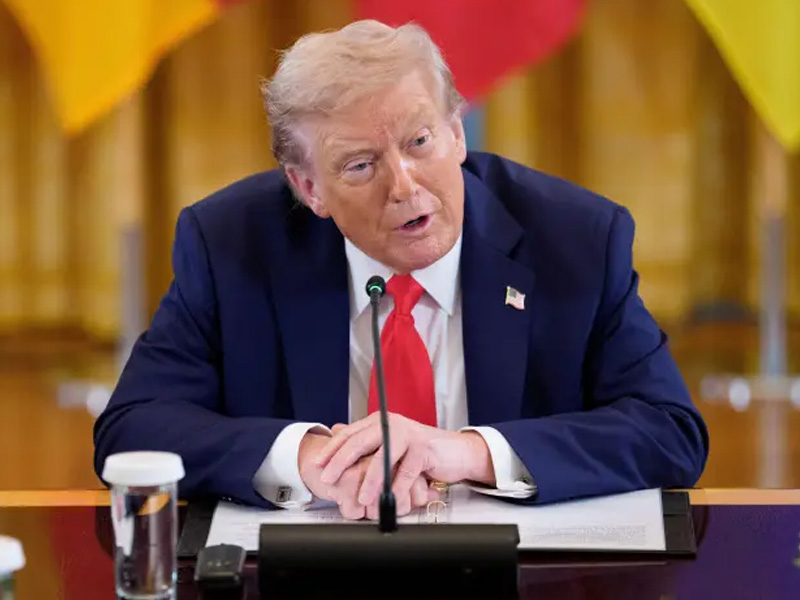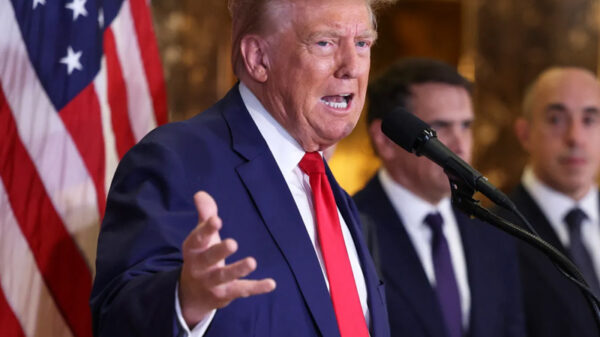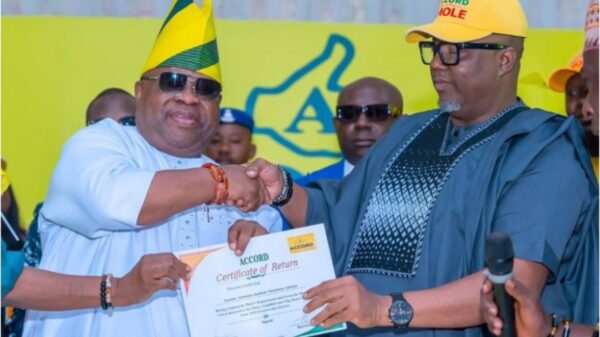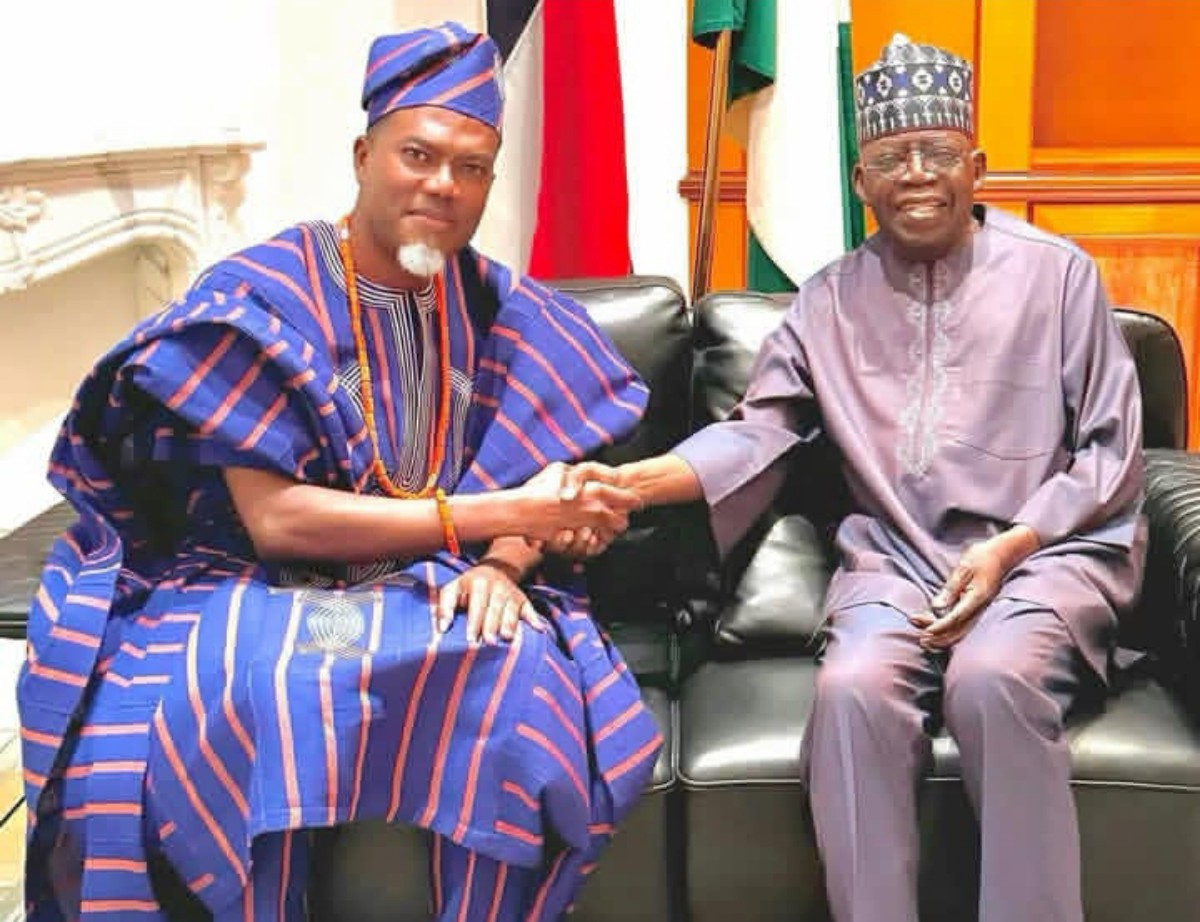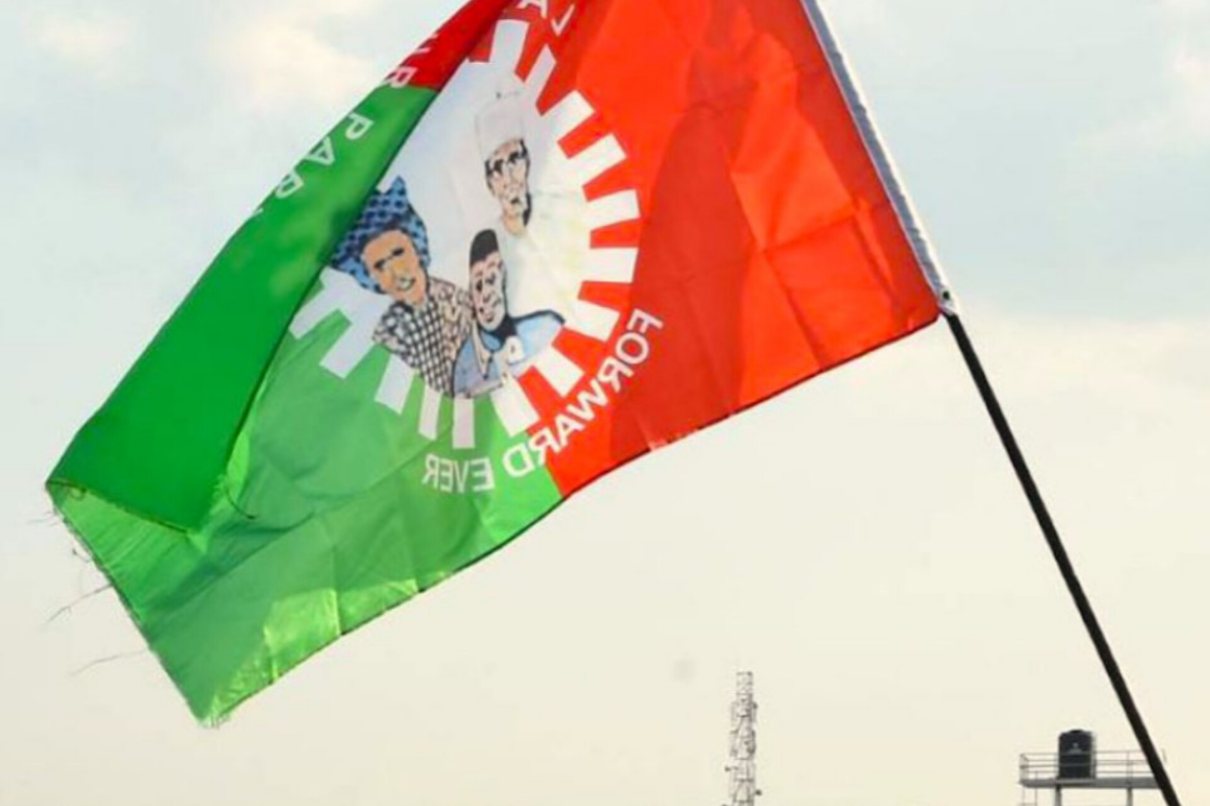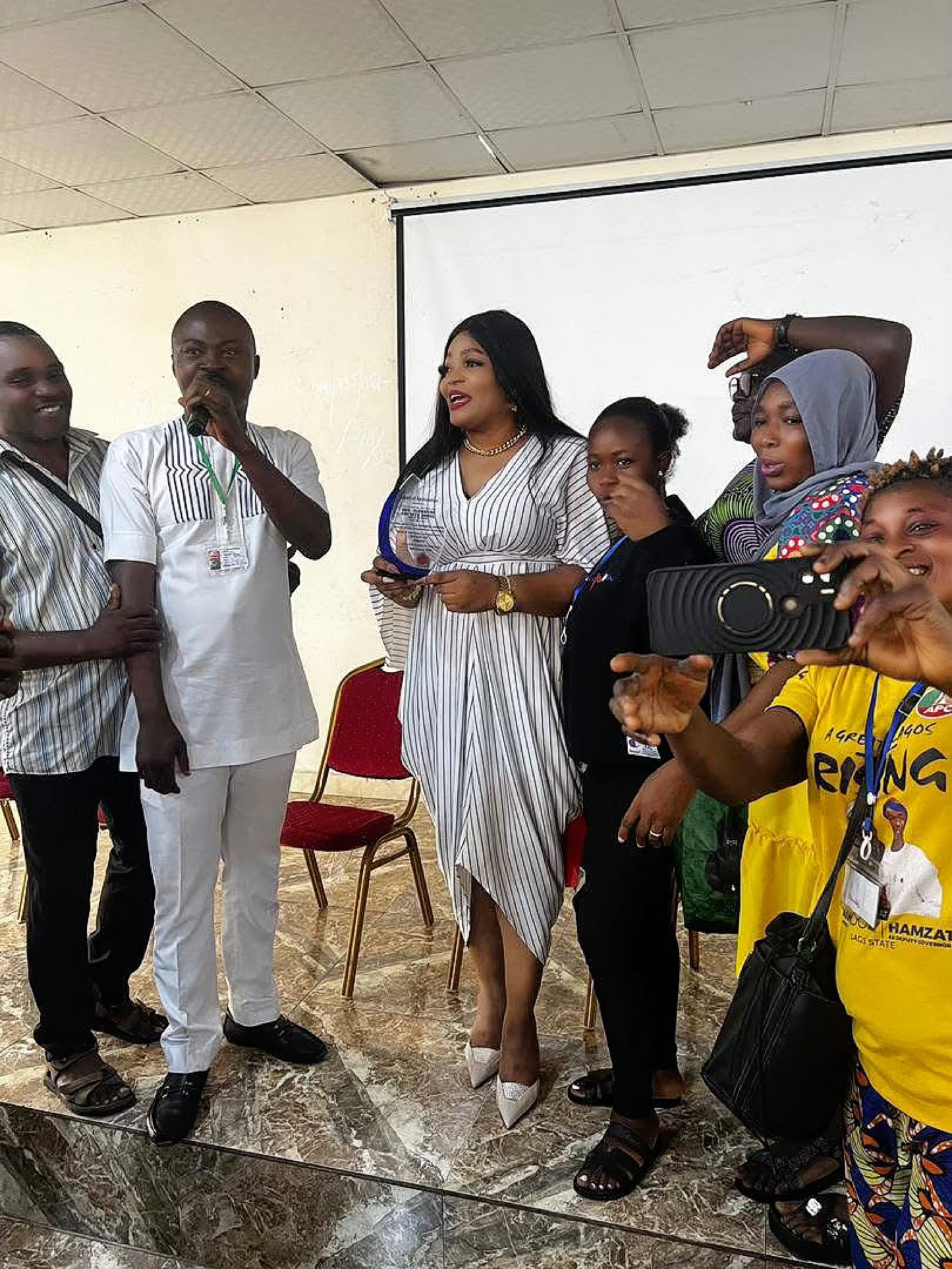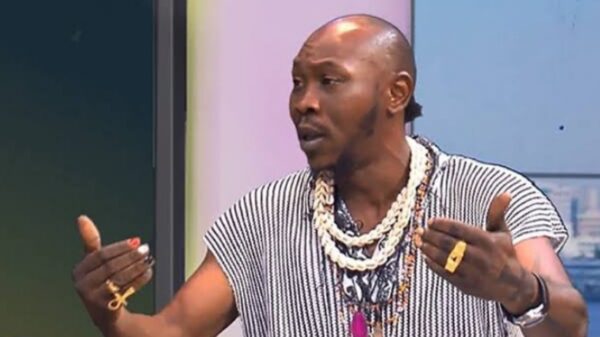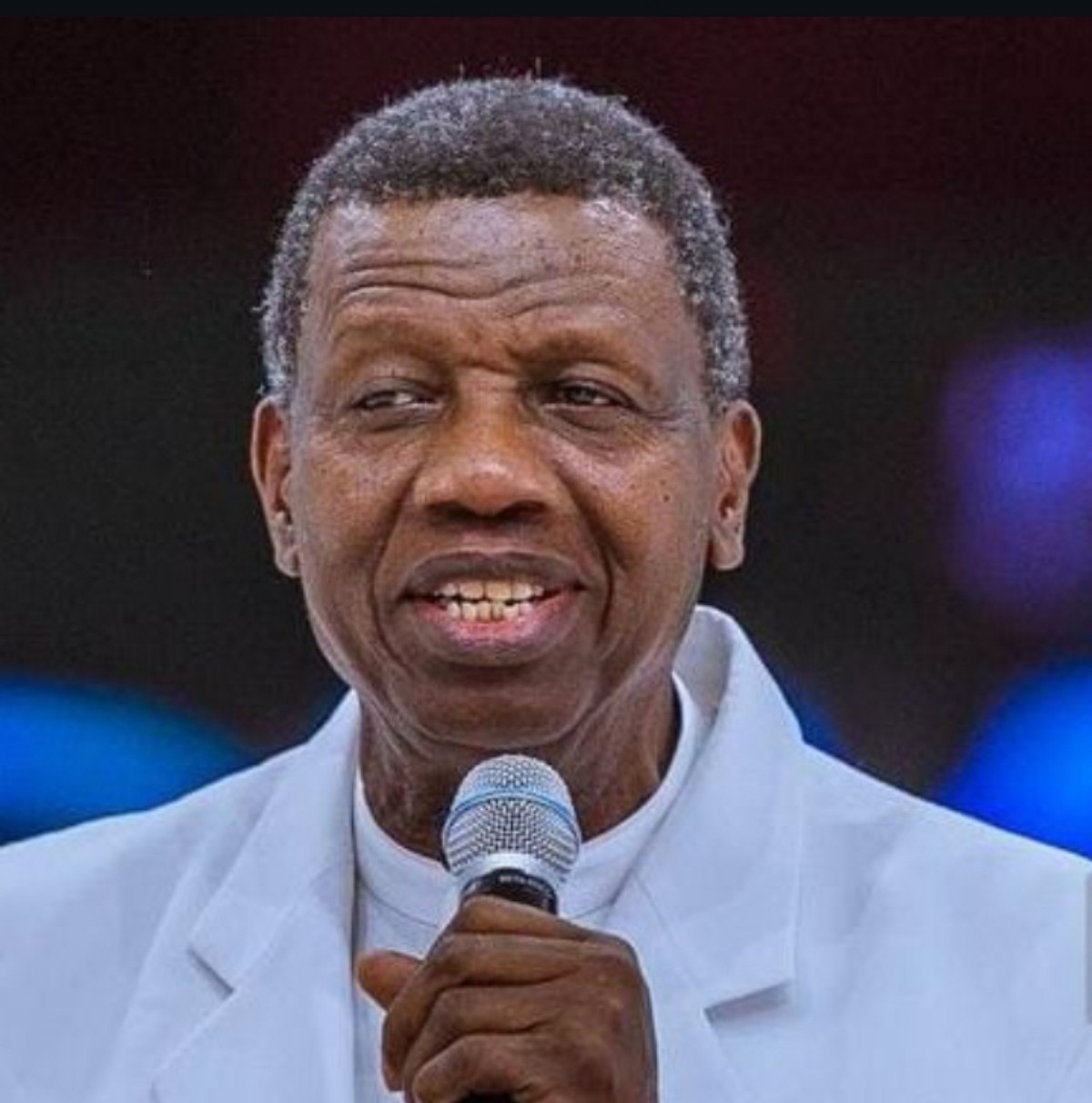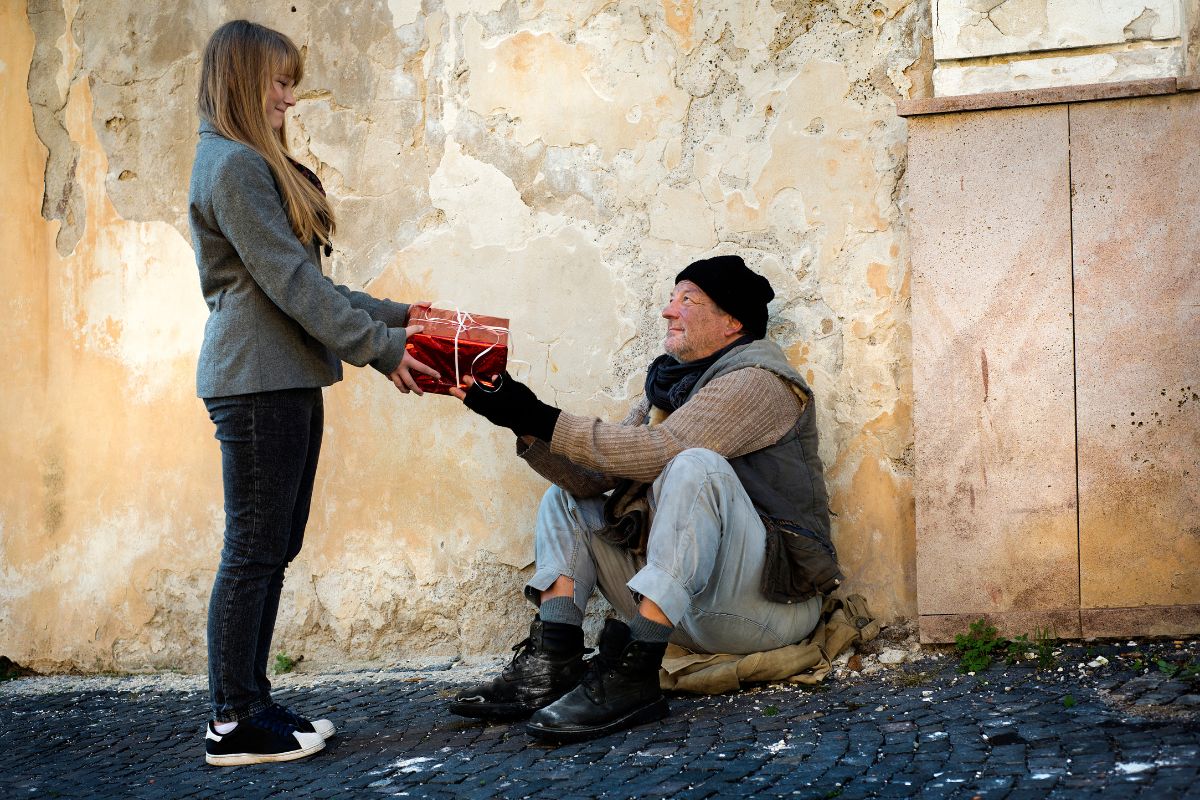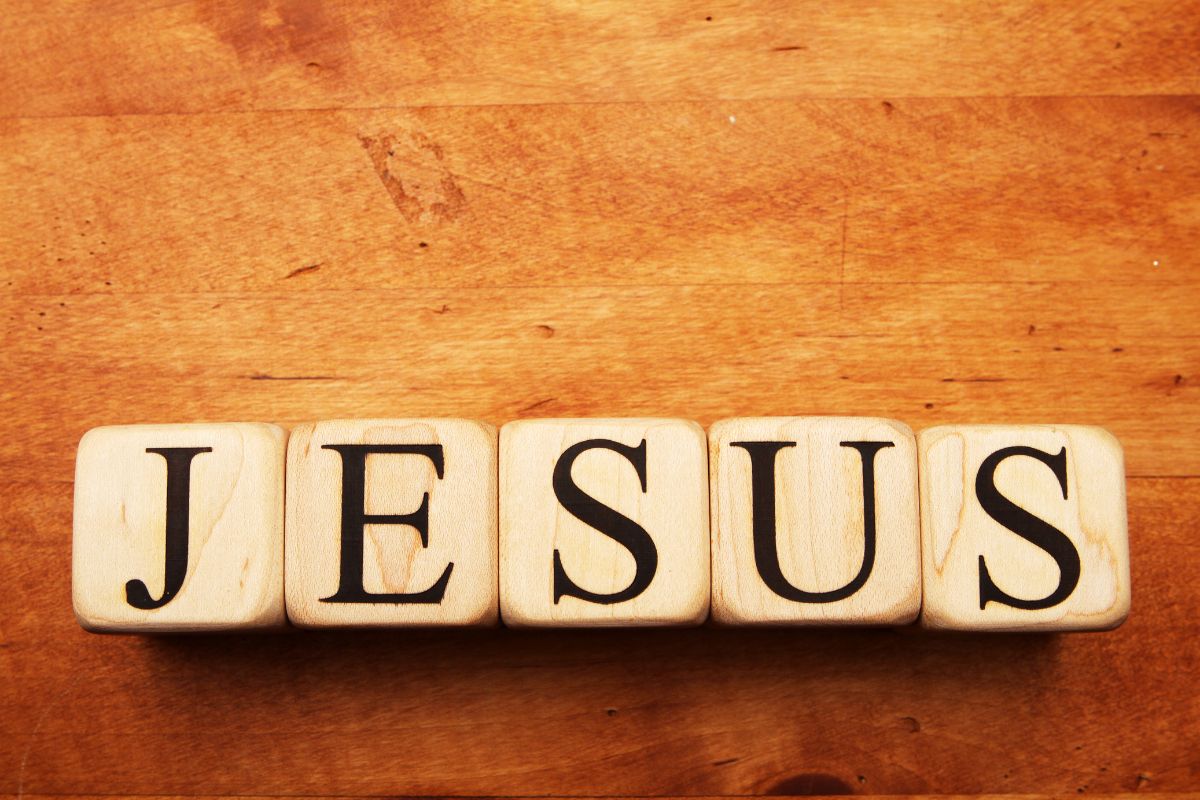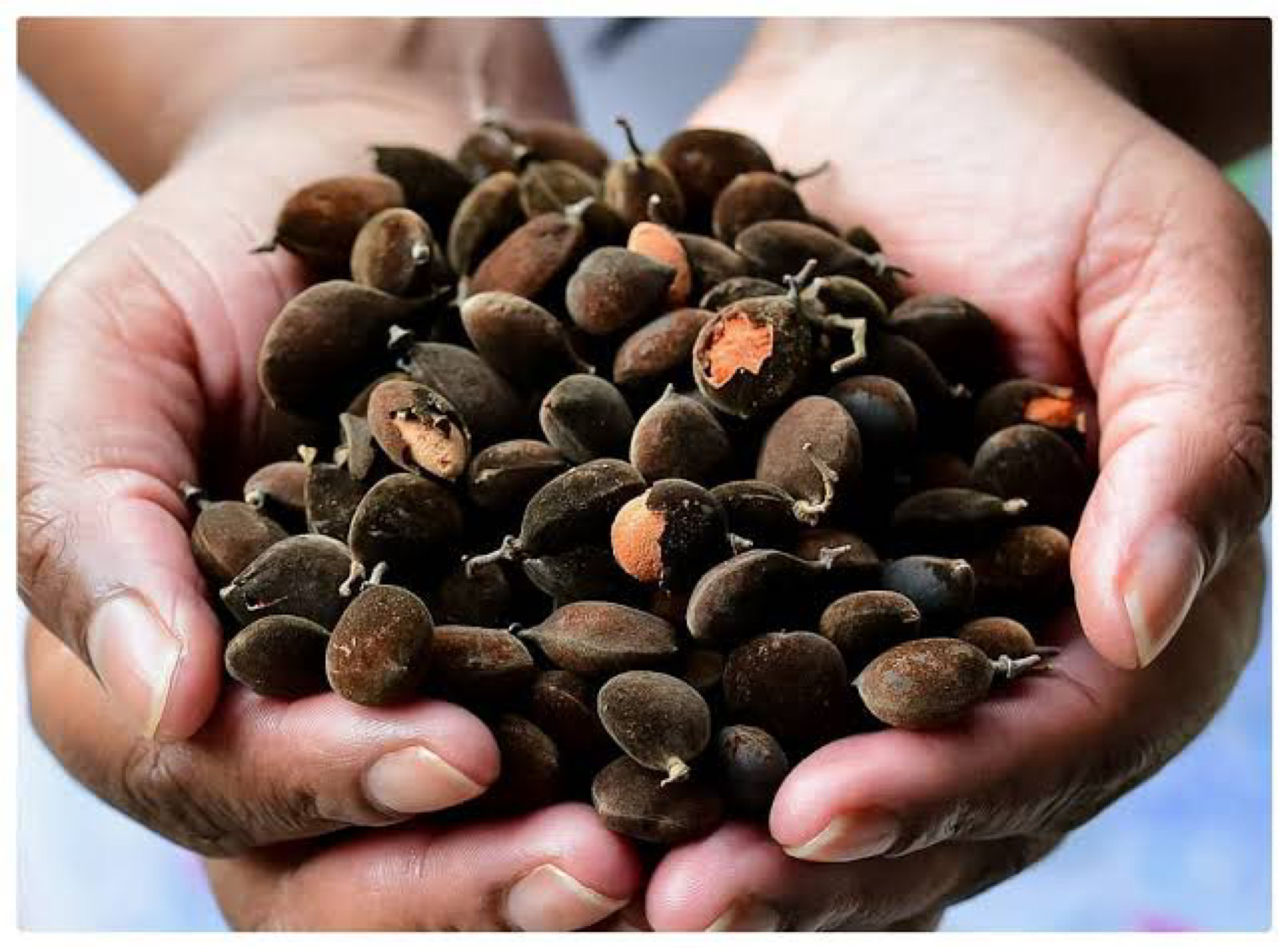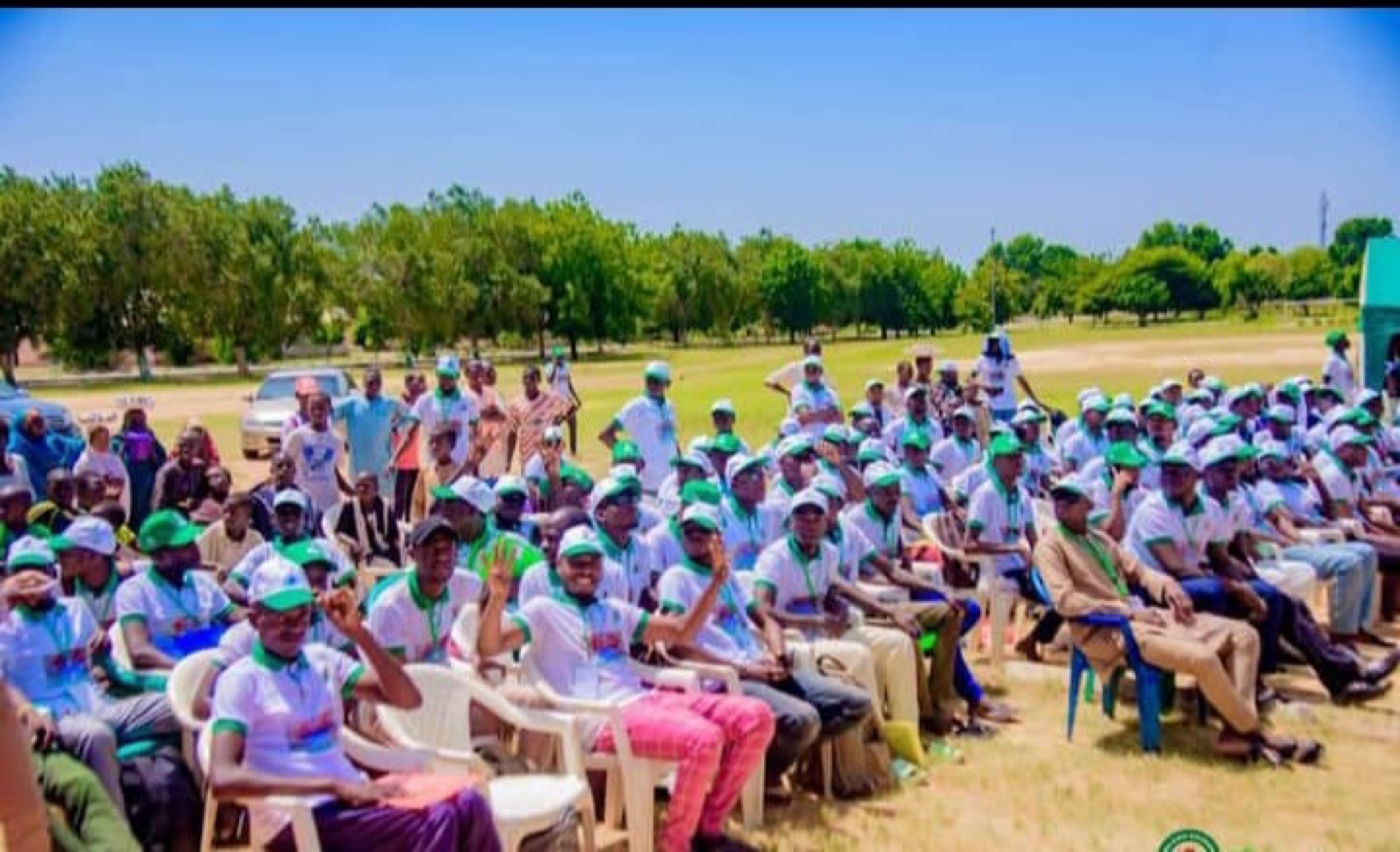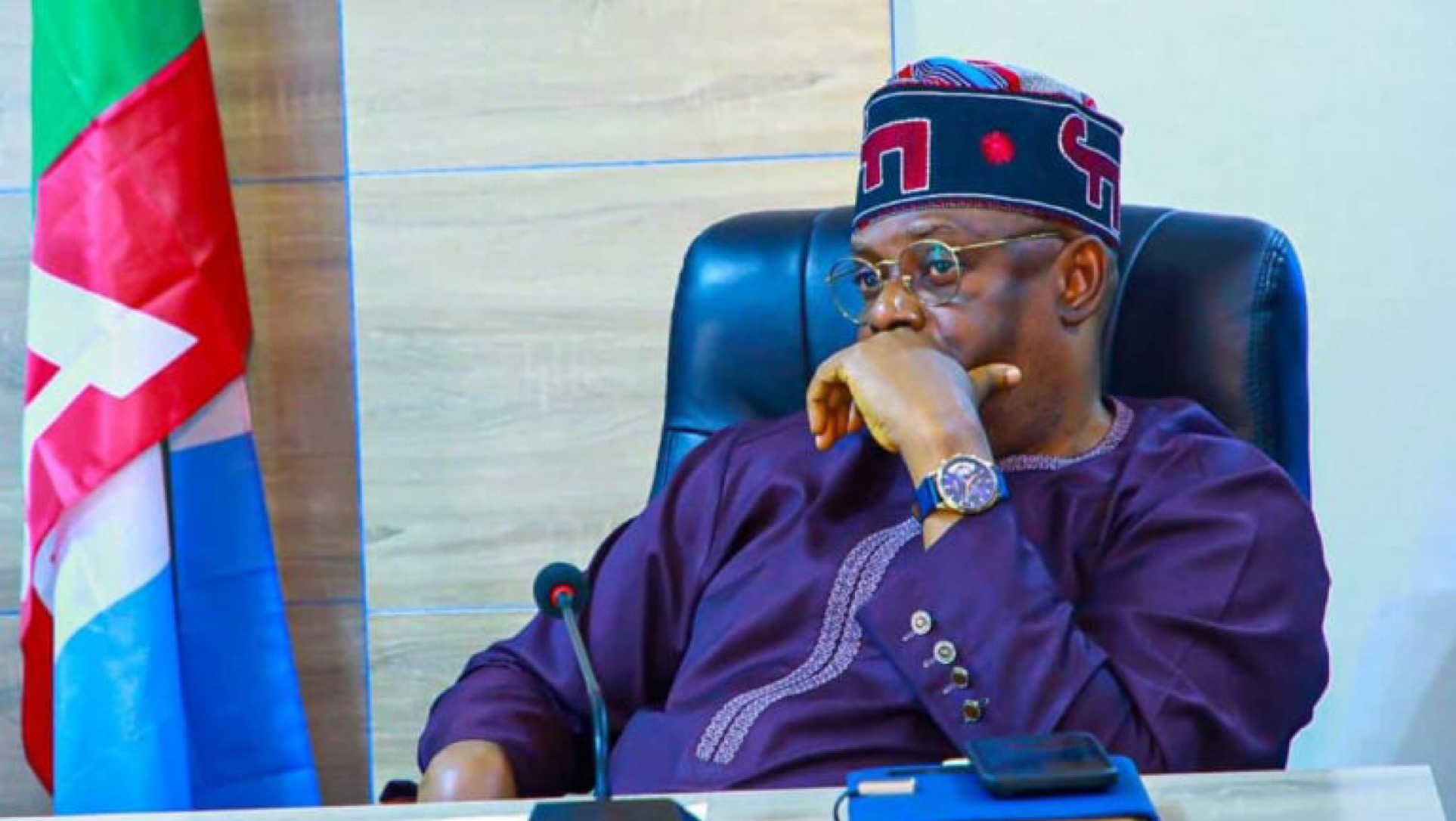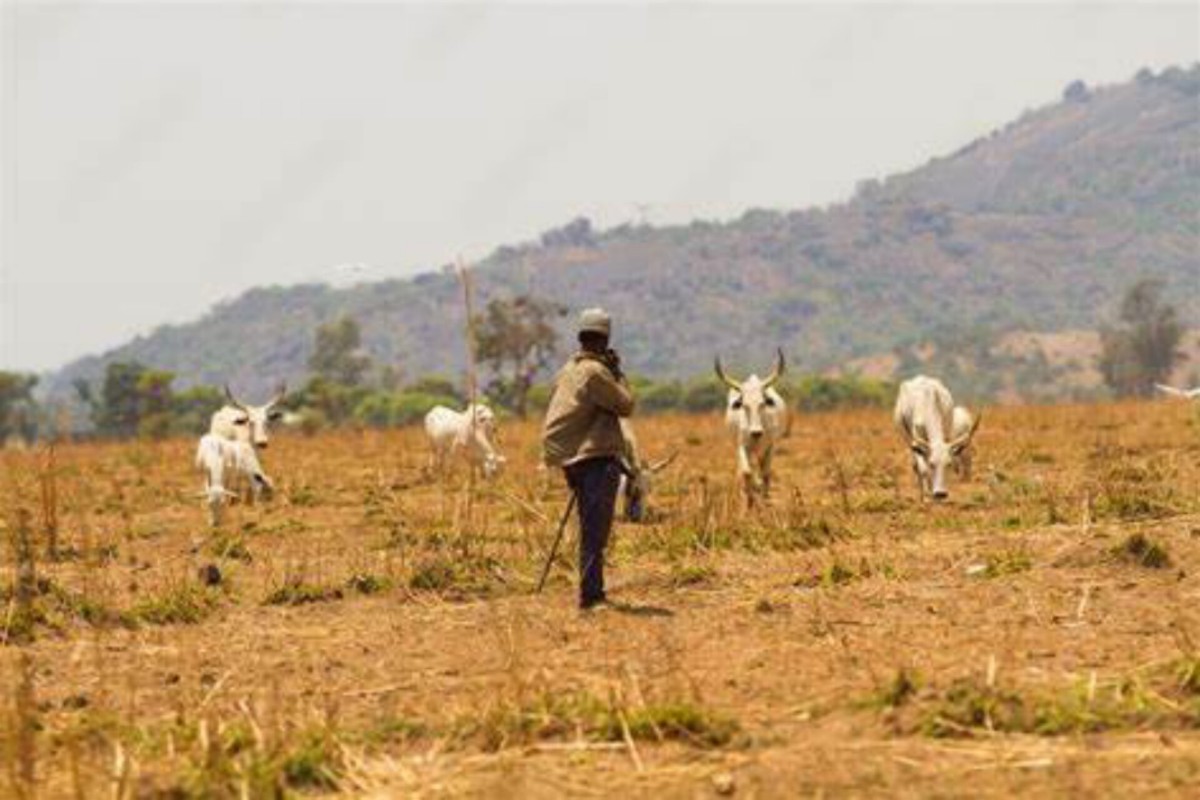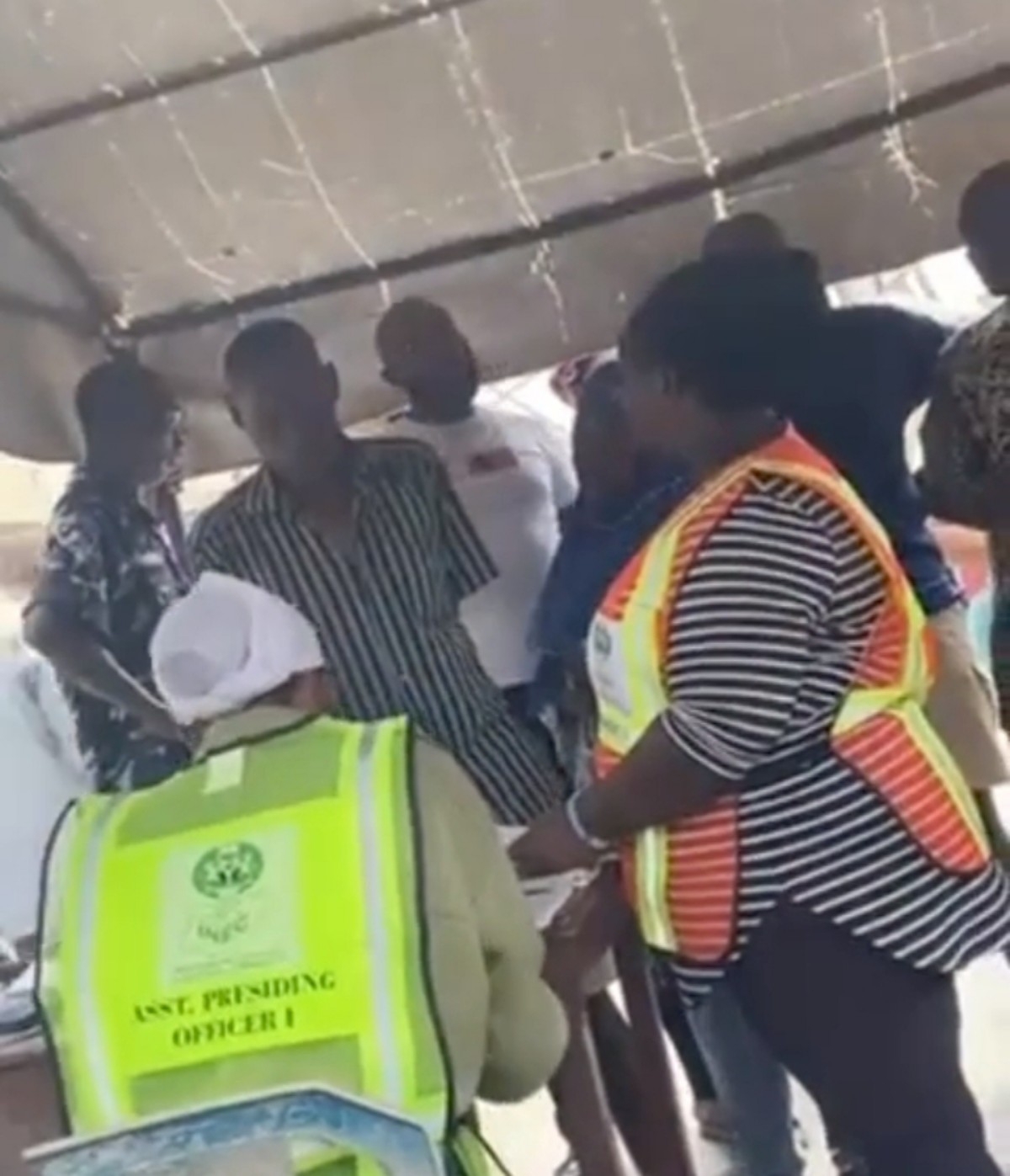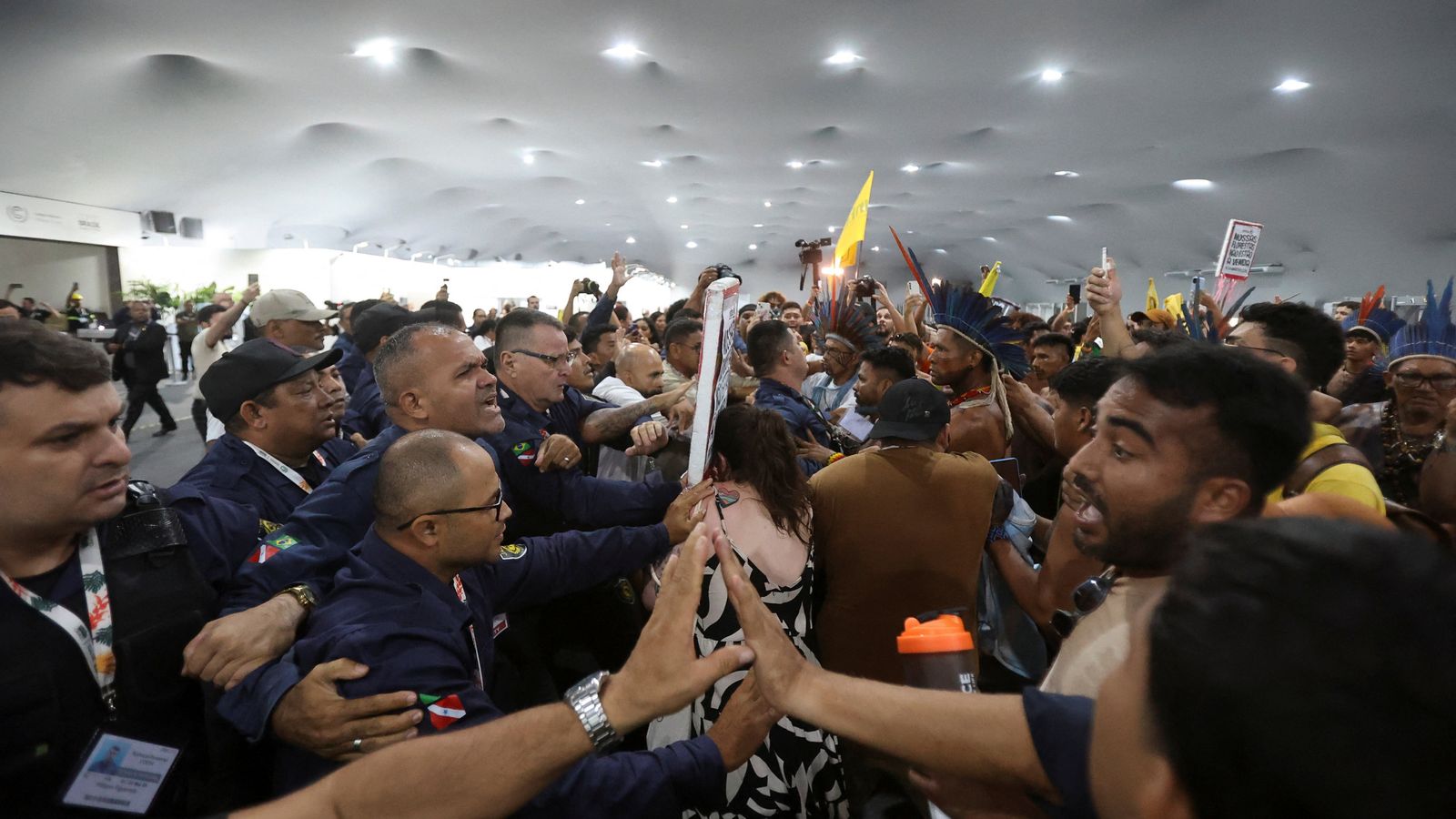Protesters stormed the COP30 climate conference in Belém, Brazil, on Tuesday night, demanding immediate action to protect the Amazon rainforest and halt environmental destruction. Demonstrators, including indigenous leaders and activist groups, carried signs reading “Our forests are not for sale” and clashed with UN and Brazilian security personnel.
Videos circulating on social media showed protesters, some wearing traditional indigenous clothing, chanting, kicking down doors, and waving flags from the left-wing youth movement Juntos. Security officials reported minor injuries to two staff members and limited damage to the venue. One security guard was struck in the head by a drum thrown by a protester. The United Nations confirmed that protesters breached initial security barriers but were stopped from advancing further inside the venue.
Authorities from both Brazil and the UN have launched investigations into the unusual security breach, which is rare for a high-profile international conference with strict protocols. The incident highlights rising tensions between climate activists, indigenous communities, and governments hosting global environmental talks.
COP30, running from November 10–21, brings together delegates from nearly 200 countries to discuss global climate policies and commitments. This year’s meeting marks a decade since the Paris Agreement, in which countries pledged to limit global temperature rises to 1.5°C.
The decision to hold the conference in Belém, on the edge of the Amazon rainforest, has been controversial. Environmentalists and indigenous groups argue that Brazil’s ongoing deforestation, oil and gas licensing, and expansion of agribusiness threaten the Amazon’s biodiversity and local communities. Tupinamba leader said, “We can’t eat money,” emphasising the need to protect indigenous lands from illegal logging, mining, and large-scale development projects.
Protesters’ demands at COP30 reflect broader concerns about climate justice and the role of indigenous communities in protecting forests. Environmental advocates warn that deforestation in the Amazon contributes significantly to global greenhouse gas emissions, affecting climate patterns worldwide.
Social media reactions to the protest have been widespread, with users highlighting both the courage of the demonstrators and the urgent need for international leaders to take concrete climate action. Analysts note that COP30’s location in Brazil provides a stark reminder of the conflict between economic development and environmental preservation in the Amazon region.
As COP30 continues, delegates face increased pressure to address both global climate commitments and the rights of indigenous communities. The protest underscores a growing call for urgent action to halt deforestation and protect the world’s largest rainforest before irreversible damage occurs.


